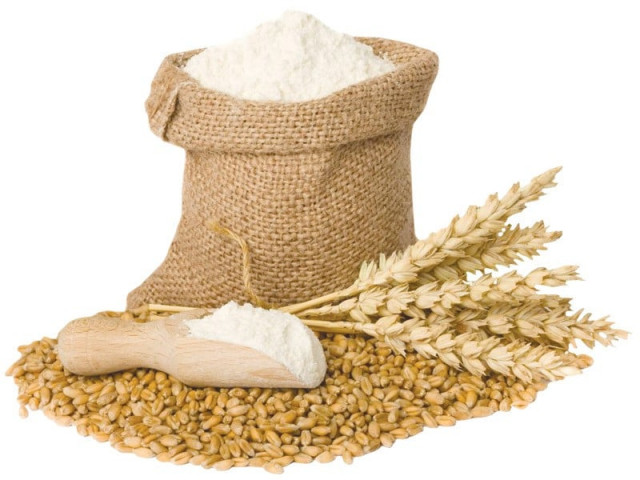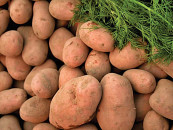Impoverished households struggle to buy flour
Shoulder: Low-income locals are in need of a reliable food price relief program

For any household entrenched in inescapable poverty, hunger is the very essence of their everyday existence especially during times of soaring inflation and rampant corruption in the country, where low-income citizens have to compete for something as basic as a bag of subsidized wheat.
Despite the Punjab government spending more than Rs700 billion during the past 15 years on the subsided wheat program, a large percentage of deserving low-income families could not receive the low-cost relief packages as a result of the foul dealings of cartels, profiteers, hoarders and smugglers operating across the province. Therefore, the provincial government eventually decided to abolish the general subsided flour quota system, leaving underprivileged families in dire straits, as they continue to await an alternative, transparent and reliable food price relief program.
Akram, a slum-dweller from Lahore, revealed that most people in his locality were daily labourers, who were supporting a large family and hence could not afford to purchase flour at the market price. “The flour consumption of large families is quite high therefore, whenever the government announces a subsidized flour scheme, people wait for hours at the truck points to buy flour at the subsidized rates. However, the corrupt mafia benefits more from the program than us,” claimed Akram.
According to sources of the Express Tribune, every year the Food Department of Punjab used to buy 3.5 to 4 million tons of wheat, which would be supplied to flour mills at cheap rates to encourage the provision of subsidized flour to the low-income masses. Regrettably however, the department had to bear huge losses since the flour mills produced less subsidized flour instead of following the 70 to 30 milling ratio fixed by the government. Moreover, government flour bags were collected from shops and mills and their packaging was changed in secret warehouses from where they were smuggled into Khyber-Pakhtunkhwa. Lastly, several inactive flour mills also used to lift government wheat from warehouses only to sell it to the active flour mills at a profit.
“The subsidized wheat quota system was the root of corruption and malpractice and has caused a lot of damage to the industry. The system must have been abolished a long time ago. Liberalizing the wheat and flour market alongside giving targeted subsidies to the deserving families would be the wisest decision,” said Liaquat Ali Khan, central leader and former Chairman of Punjab Flour Milling Industry.
Renowned economist and former Finance Minister of Punjab, Salman Shah was of the opinion that introducing general subsidies in food grains is never beneficial given the pervasiveness of corruption and smuggling. “Targeted subsidies should be given to deserving people through cash handouts. If a reliable and transparent database is prepared and the subsidy amount is transferred to the verified account of the selected people, then it would be a more appropriate method,” he assessed.
Speaking to the Express Tribune on the matter, Provincial Food Minister Bilal Yasin reiterated that the government wheat quota and procurement system had become a source of corruption. “The common man was not getting any benefit from this scheme; hence it was worthless and had to be abolished. 6 million families have been distributed free flour and other items at their doorsteps as part of the Ramadan care package. Targeted subsidies will be given directly to the deserving people in the future,” assured Yasin.



















COMMENTS
Comments are moderated and generally will be posted if they are on-topic and not abusive.
For more information, please see our Comments FAQ